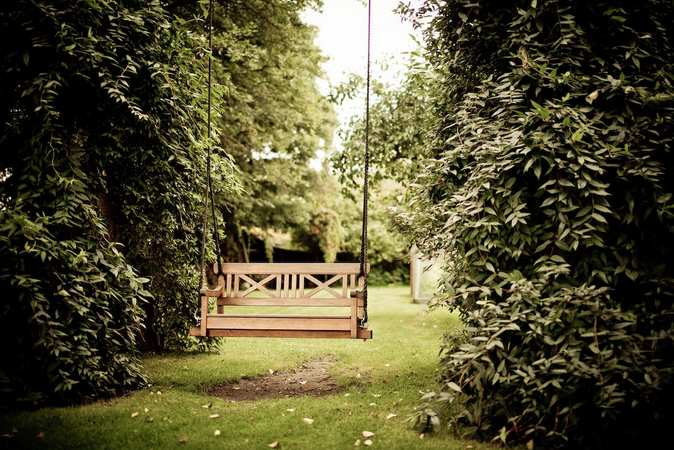In the pursuit of tranquility within our homes, the Zen garden stands as an embodiment of peace, simplicity, and mindfulness. This ancient Japanese garden style, rooted in Zen Buddhism, offers a serene retreat within the confines of our landscapes. According to Zen philosophy, the garden is a reflection of our inner state, and by designing it with intention and purpose, we can create a space that brings us inner peace and harmony. Access expert advice on plant care and garden maintenance at Aggressively Organic. This way, starting a zen garden will not be much of an issue.
Understanding Zen Garden Principles

Scientific studies in environmental psychology, such as research from the Journal of Environmental Psychology, highlight the psychological impact of garden environments. Zen gardens, with their minimalist design and contemplative elements, are known to evoke feelings of calmness and reduce stress levels. Based on the Zen principle of “less is more,” these gardens aim to create a sense of spaciousness and simplicity, allowing for a clear mind and ultimately leading to inner peace.
Elements of Zen Garden Design
Studies in landscape architecture emphasize the key components of Zen gardens. Gravel or sand represents water and is meticulously raked in patterns symbolizing ripples or waves, fostering a sense of tranquility and mindfulness as observed in studies in the Journal of Therapeutic Horticulture. Rocks and boulders, often placed asymmetrically in groups of three or five, represent mountains and islands, symbolizing strength and stability. They also serve as focal points for contemplation and meditation. Plants that commonly feature in Zen gardens are evergreens, mosses, and low-lying ground covers to maintain the garden’s minimalistic aesthetic.
Benefits of Having a Zen Garden

The calming and stress-reducing effects of Zen gardens can have significant benefits for our overall well-being. Studies have shown that spending time in nature, even if it’s within the confines of our home, can improve mood and reduce anxiety and depression. The meditative quality of Zen gardens also promotes self-reflection and mindfulness, which can lead to greater self-awareness and improved mental health. According to research from the Journal of Physiological Anthropology, spending just 15 minutes in a Zen garden can significantly reduce cortisol levels, the hormone responsible for stress.
Studies in neuroscience and behavioral science have demonstrated the positive effects of serene environments on mental health. A well-designed Zen garden offers a sanctuary for contemplation, stress reduction, and mental rejuvenation, contributing to overall well-being. In embracing the principles of Zen garden design within our landscapes, we cultivate not just a visually pleasing space but also a haven for inner peace and mindfulness. Backed by scientific studies highlighting the psychological and emotional benefits, the essence of a Zen garden transcends mere aesthetics, offering a retreat where serenity and calmness flourish amidst the chaos of everyday life.
